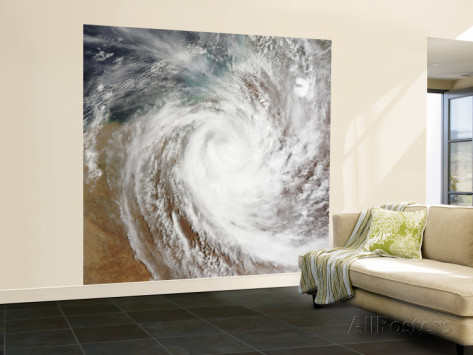Translating Agnontology: A Letter Home.
DOI:
https://doi.org/10.60162/swamphen.5.10630Keywords:
nature writing, ecophilosophy, ecopoeticsAbstract
In Feb 2014 Bruno Latour gave a lecture at the Royal Academy of Copenhagen on the affects of capitalism. In addressing the inversion of what is transitory and what is eternal he remarked on the ‘Australian strategy of voluntary sleepwalking towards catastrophe’ and ‘not thinking, when you are Australian, as being the most rational thing to do’. These statements step into a long history of European voices that use ‘Australia’ as the repository of both spiritual hope and political horror. Australia is the exceptionally ecologically fragile space of nomadic possibilities beset by hyper capitalism and a non-reflective populace. From this distance/ing, Europe mourns Australia’s impending collapse while maintaining the European imaginary as the home of resilient, tamed nature and original space of mature governance, thus its endurance beyond economic imperialism.
Using memoir this article will reflect on the author's experiences of living in a small French village, studying European philosophy while also directing Australia festivals in the Jura mountains. Referring to Stephen Muecke’s book Ancient and Modern (2004) it will explore two aspects that emerged from these encounters. The first is the persistent conflation of the noble savage and spiritual salvation embedded in the imaginary of Australia, with its resultant dismissal of the contemporary and European colonial complicity. The second is the positing of Australia as the site of tragic collapse in the encounter between ‘anglo capitalism’ and wild ‘nature’. The persistent use of Australia as a mechanism of difference (i.e. an Anglo problem) furthers a suspension of self-reflexive critique within Europe, distances Australia from what is conceived as authentic politics and deflects a genuine encounter with sovereignty that doesn’t perpetuate the [Aristotelian] bios and zoe separation. This disables possible political interjections, not only Australian, but also the wider ‘material’ subaltern into European understandings of materiality, the natureculture separation and the global spread of corporate governance.
Popular representations of Australia are positioned within the state of exception: easily severable from the earth's map and an example of the fall from Eden as a result of the lack of thought, philosophical tradition and acquiescence to the loss of the political. Positioned as a translator between two homes, the author has found resistance to Australia’s dynamism, complexity and heterogeneity. Drawing from encounters with theorists, neighbours, farmers, anthropologists, pompiers and artists from both Australia and Europe the article explores the mourning and attachment to a symbolic Australia: for what we ‘were and could have been’ . This displaces the European mourning about their own polities and disappearance of futures and reflects a refusal of the difficulties of the global contemporary.
As the oldest but most ecologically fragile natureculture community, Australia could serve, not as a symbolic avoidance for Europe, but instead a site of intense political opportunities. This occurs in the interplay between the rich ecological humanities movement in Australia and the emerging new materialisms in Europe. The mourning and adoration of Australia speaks to a greater desire within Europeans: for an uncovering of a language that enables a political imaginary that connects continents beyond hyper capitalism – something that might be eternal and transitory, but asks difficult questions about mourning, complicity and interconnection.
Downloads
Published
Issue
Section
License
Authors who publish with this journal agree to the following terms:- Authors retain copyright and grant the journal right of first publication with the work simultaneously licensed under a Creative Commons Attribution License that allows others to share the work with an acknowledgement of the work's authorship and initial publication in this journal.
- Authors are able to enter into separate, additional contractual arrangements for the non-exclusive distribution of the journal's published version of the work (e.g., post it to an institutional repository or publish it in a book), with an acknowledgement of its initial publication in this journal.
- Authors are permitted and encouraged to post their work online (e.g., in institutional repositories or on their website) prior to and during the submission process, as it can lead to productive exchanges, as well as earlier and greater citation of published work (See The Effect of Open Access).

